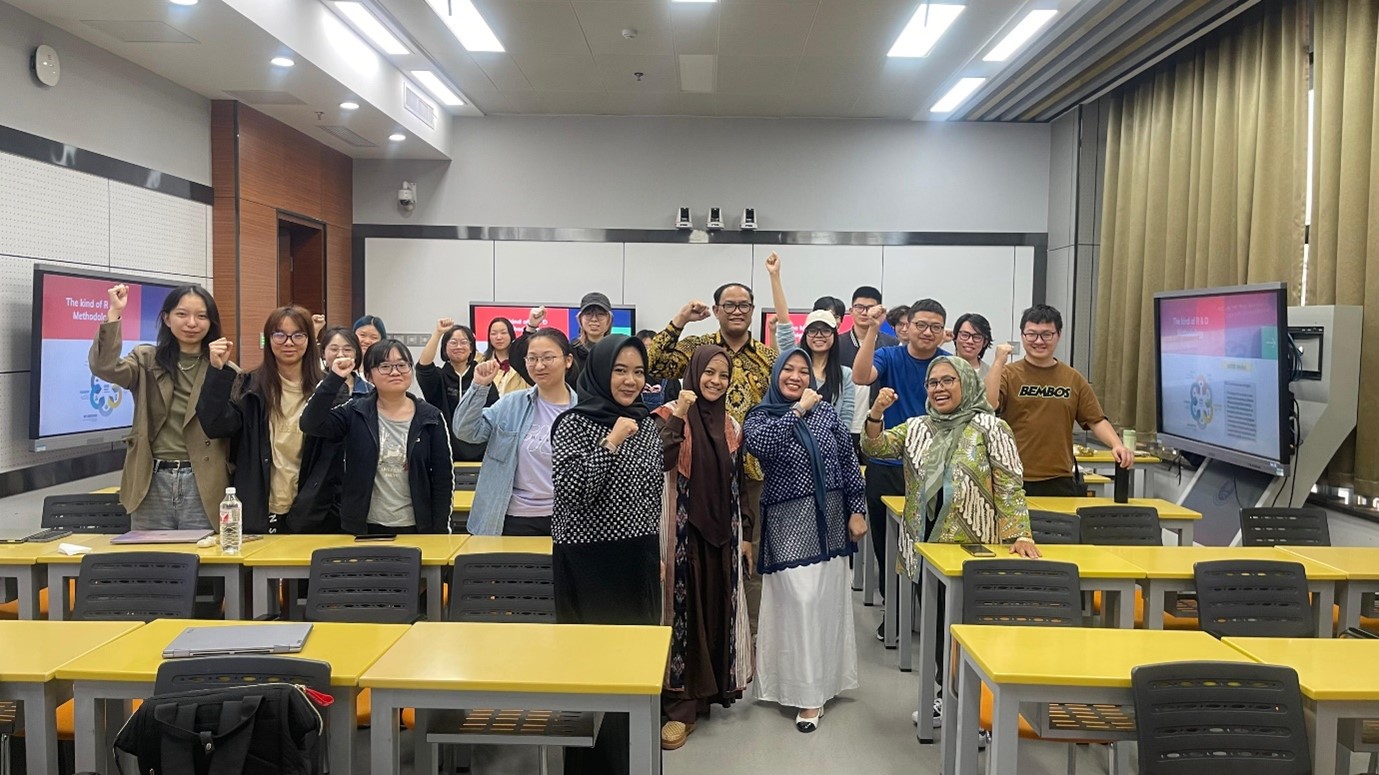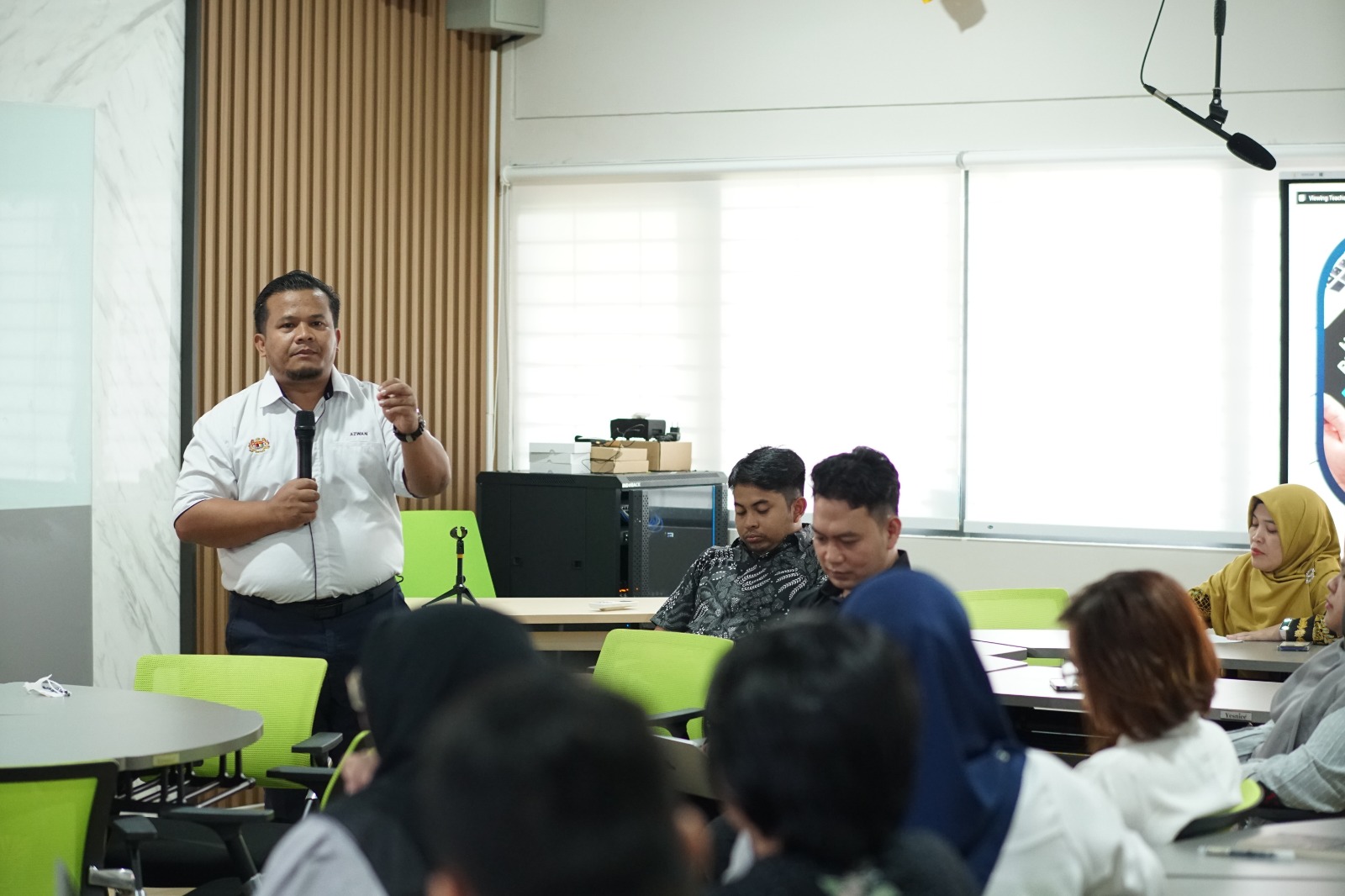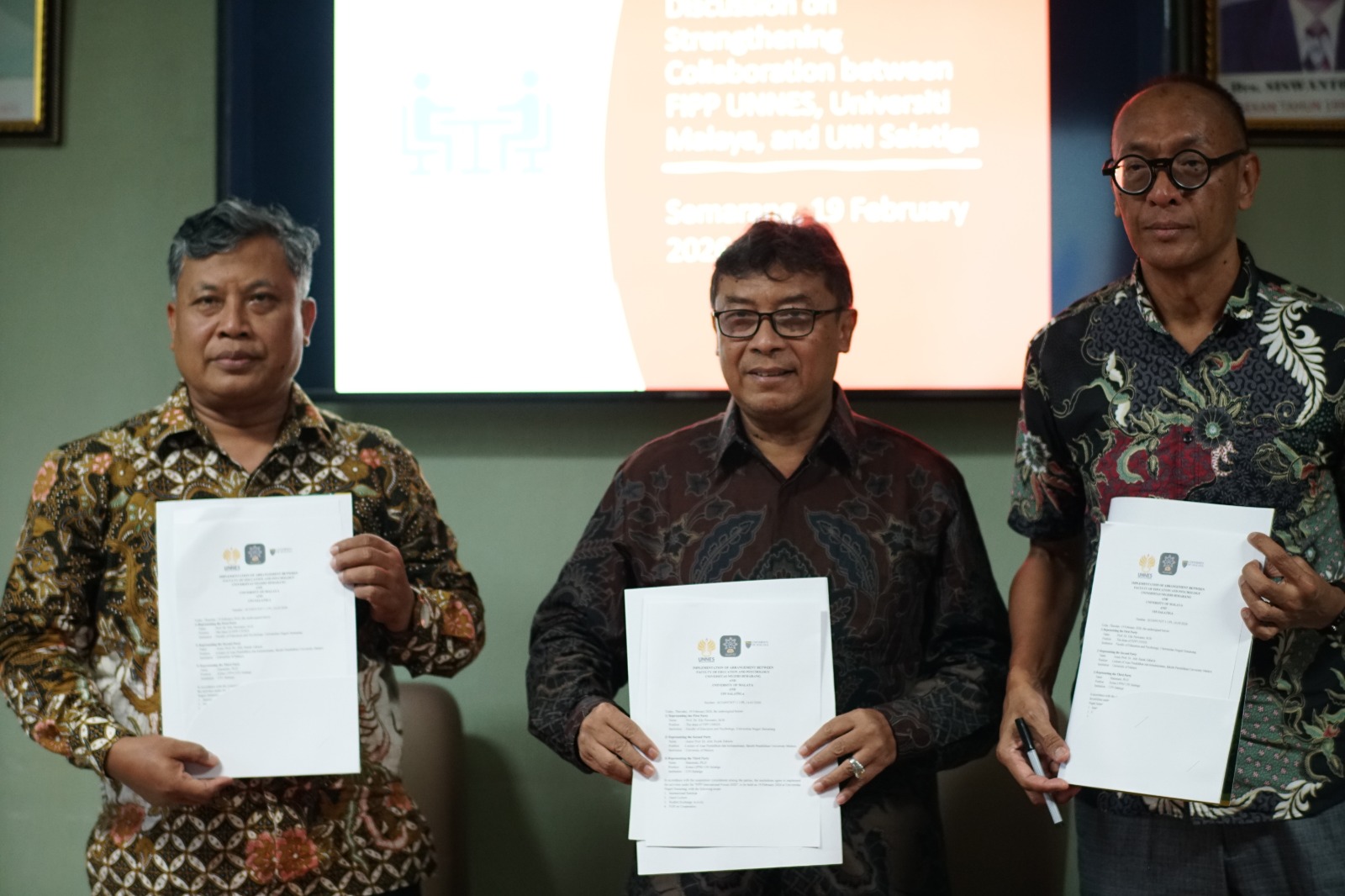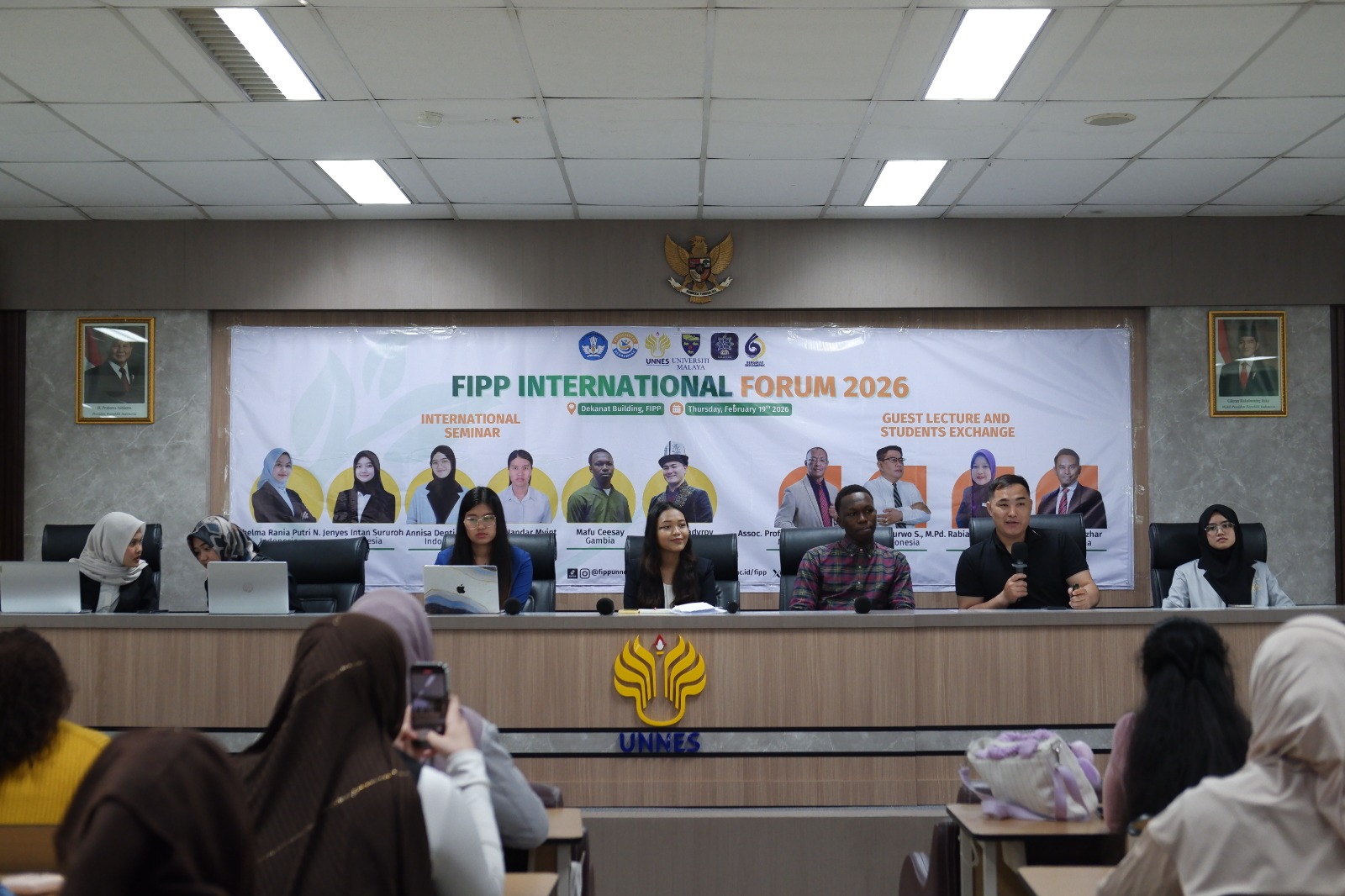Wuhan, China – October 30, 2024. Lecturers from the Faculty of Education and Psychology (FIPP) at Universitas Negeri Semarang (UNNES) continued to demonstrate their commitment to international collaboration through a Visiting Lecture program at Central China Normal University (CCNU), specifically at the Faculty of Psychology. During this occasion, FIPP UNNES lecturers delivered a guest lecture on steps in finding research topics, identifying research gaps, and presenting the results of studies on the application of Artificial Intelligence (AI) for early childhood and elementary school students.
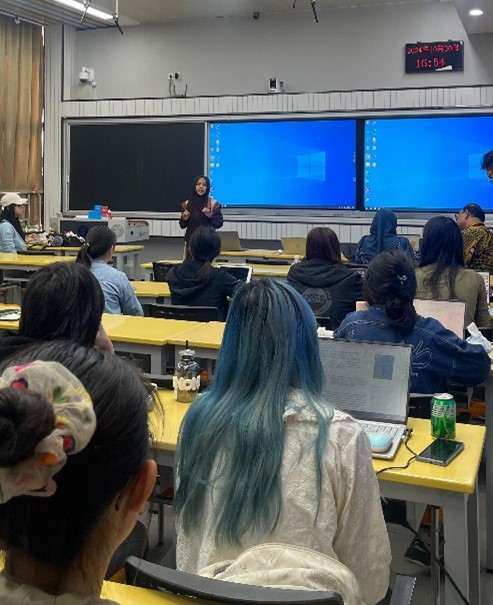
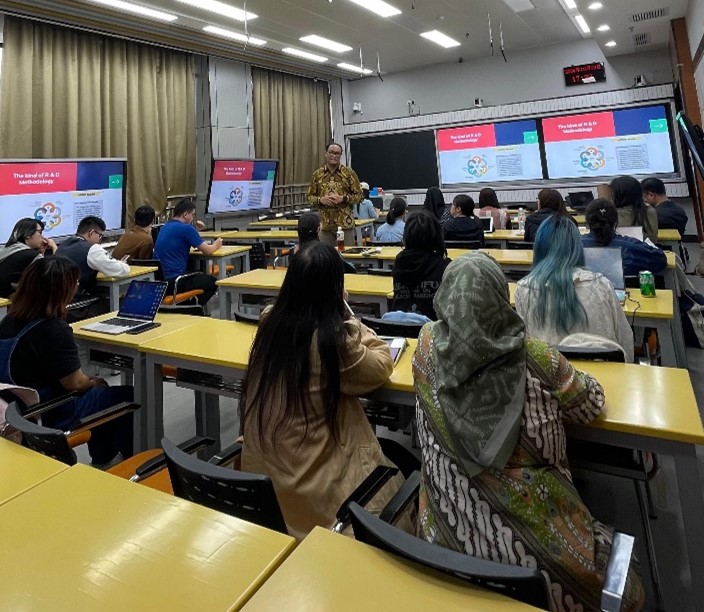
This guest lecture, held at CCNU’s campus in Wuhan, featured the FIPP UNNES lecturer team consisting of Farid Ahmadi, S.Kom., M.Kom., Ph.D., Yuli Kurniawati, S.Psi., M.A., D.Sc., Wulan Aulia Azizah, M.Pd., and Fathin Farah Fadhila, M.Psi., who provided a comprehensive guide on how to select relevant and significant research topics. They explained the process of identifying research gaps, which involves uncovering deficiencies or gaps in previous studies, allowing new research to make meaningful contributions to the field. This method is considered essential for CCNU Psychology students and faculty members seeking innovative ideas for their research.
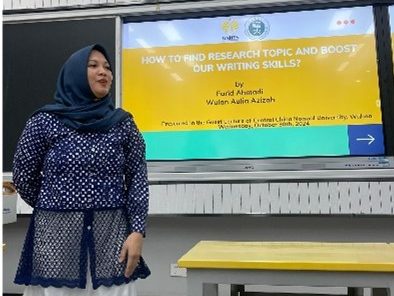
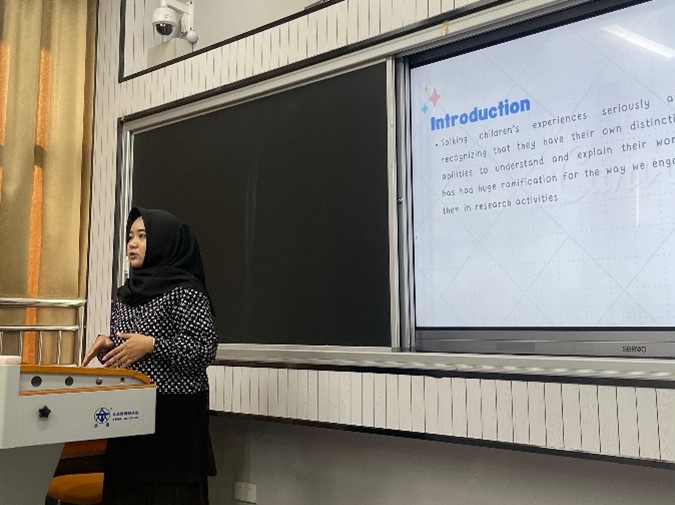
In addition to discussing research methodologies, the FIPP UNNES lecturer team shared their latest studies that highlight the use of Artificial Intelligence (AI) in early childhood and elementary education. These studies encompass various aspects, including how AI can be used to support cognitive development, shape adaptive learning patterns, and identify special needs in children. They also discussed the impact of AI on children’s psychological development, as well as the ethical considerations and challenges faced in implementing this technology at a young age.
This Visiting Lecture is expected to broaden the knowledge of CCNU students and strengthen the academic cooperation between UNNES and CCNU, fostering innovative research that benefits children’s education in the digital era.

